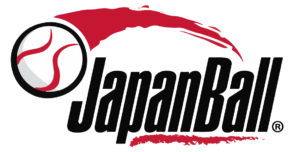June 24, 2020
By Carter Cromwell
One thing about Ryan Flynn – he’s not afraid to roll the dice.
- Like when he took off for London after graduating from college.
- Like when he was 22 and took a job interview via telephone while walking out of the Woodstock ’94 music festival. He got the job – which was in Guam.
- Or when he took charge of building the Guam baseball program as a relative newcomer to the island.
- Or when he and his wife met in Guam and married a week later.
- Or when the family moved to Seattle, and he started his own marketing firm.
- Or when he shouldered the task of building New Zealand’s baseball program.
- Or when he left his family a year ago and moved to the south Pacific island nation of Palau and started a company growing coffee, cacao and vanilla.
The last has posed a special challenge, not just from the myriad of issues facing any start-up company but because of the coronavirus pandemic. Though Palau is one of the few places that hasn’t recorded a single case of Covid-19, the pandemic has kept potential investors away and him away from his family.
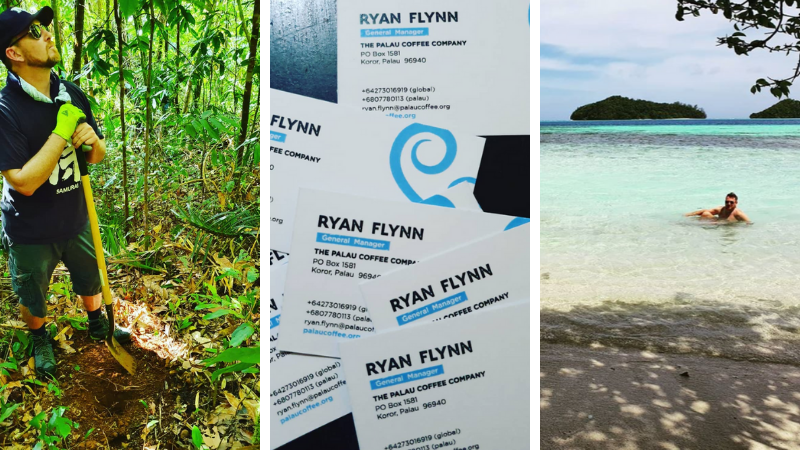
Ryan in Palau
“The people interested in investing were literally stopped at the airport here and turned back because of the pandemic,” Flynn said. “We did get some coffee seeds from Taiwan government, but we’re basically on hiatus. In fact, the economy here is pretty much decimated, since about 85% of it is based on tourism.”
Not only that, he hasn’t been able to see his family for approximately nine months because of pandemic-related travel restrictions. His son is going to high school in Seattle, and his wife and daughter are in Auckland.
“That’s been tough,” he acknowledged. “My wife had back surgery after an on-the-job accident, and I couldn’t be there with her.”
Still, one gets the feeling that this hill will be climbed, just like all the others. That, while the current situation may be uncertain and chaotic, Flynn has negotiated enough changes in his life – made enough 90- and 180-degree turns – that one more will not be insurmountable.
Go back to how he reached this point.
Growing up just outside of Albany, NY, he played third base for The College of Saint Rose – first an NAIA school, later NCAA Division Two – in Albany. Graduating in 1993 with a degree in English literature and going undrafted by MLB, he took off with a friend to London.
“That’s where my mind opened, and the travel bug took hold,” he said.
Then came the opportunity in August 1994 to move to Guam and report for the Pacific Daily News, part of the Gannett chain. Since Guam is a U.S. territory, he needed no passport or special work permit, so the decision to accept the job was easy.
Flynn started playing on local semi-pro teams, later got involved in building baseball programs within the territory and eventually became CEO of Guam Baseball. While in Guam, he met his wife, who was born in Palau, and he also spent a year writing speeches for the president of Palau.
“I was able to travel a lot of different places to cover fascinating stories, and I fell in love with that part of the world,” Flynn said.
“I was an outsider on Guam – I had no family and knew no one at all – so I started playing ball as a way of getting into the community,” he added. “We won a couple of championships, and then I got to be CEO when the organization wanted to make a run at the 2000 Olympics in Sydney. We nearly made it, too – got to the final of the qualifying round in South Africa, which was a real accomplishment. The key for me during that period was that I learned a lot about building a program from scratch.”
1998 Micro Games in Palau
Then, just after the 9/11 disaster, Flynn and his wife moved to Seattle, where his new bride had family and had spent part of her formative years. Then came the opportunity with Baseball New Zealand and another move across the Pacific.
“That was a big gamble,” he acknowledged. “I left my wife and kids and went there for three months on a trial basis without knowing how it would work out. I knew it had potential. But – with so few players and resources at the time – I also knew would be one of the great challenges of my professional life. There was no staff at the time, very little money and virtually all the equipment in the country was in our little garage in Pakuranga.”
Baseball came to New Zealand when American GIs were there in the 1930s and ‘40s, but it had never taken off, though fast-pitch softball for both men and women became popular. There was little structure or funding for baseball when Flynn assumed the reins, and he had to leverage and develop various resources, one of which has been Baseball Jobs Overseas.
“I found the organization online and saw that it was amazing,” said Flynn, who continues to serve on the World Baseball Softball Confederation (WBSC) Development Commission. “I’ve found coaches through BBJO, and they’ve been pre-screened. It provides tons of opportunities that weren’t there when I came out of college. It’s the service to call upon..”
Pandora Fruean, who serves as Executive Officer for Baseball New Zealand, got involved beginning in 2012, first helping with the Diamondblacks Men’s team at the World Baseball Classic qualifiers in a media role and then coordinating the World Masters Games hosted by New Zealand.
“She was my right-hand person,” Flynn said. “My lifeline.”
Fruean said, “Baseball is a relatively young sport in New Zealand, but Ryan was extremely passionate about growing the sport here, and he sold everyone on that vision. He was passionate about providing opportunities for young Kiwis who would have traditionally gone to other sports like rugby, cricket and soccer.”
In four years, the program went from being unranked to 25th in the world, and the national team twice reached the World Baseball Classic qualifying rounds, surprising numerous programs that were much better funded. There has been an approximately 4000-percent increase in the number of active players, and Flynn has brought a number of current and former major-leaguers to New Zealand for clinics and fund-raisers. Those include MLB closer Mark Melancon three times and current Rangers’ manager Chris Woodward four times, along with current and former MLB stars such as Didi Gregorius, Curtis Granderson, Paul Goldschmidt, Nick Hundley, Jim Kaat, Ron Roenicke, Josh Bard and many others.

Photo: Prime Minister John Key with Baseball New Zealand CEO Ryan Flynn. Photo credit: Andrew Cornaga/Photosport.co.nz
“We have the national body, three regional bodies and then local clubs – about 20 around the country,” Fruean said. “In the early days age-grade national competitions that originally ran as one tournament have now evolved into five-day standalone events. We currently have more than 20 players playing college ball in the U.S. and six or seven that have signed with major-league teams. We are regularly fielding calls from interested parties that want help in starting new clubs in a new areas of the country.”
Probably the signature accomplishment was the establishment of the country’s first professional team – the Auckland Tuatara – which began play in the eight-team Australian Baseball League (ABL) during the 2018-2019 campaign and made the playoffs this past season.
Photo credit: Guam Daily Post
“It took a while to get folks to believe, but we stayed consistent with our messaging over a nine-year period and finally got it over the line,” Flynn said. “This shows young Kiwi ballplayers that there is a career pathway for them, at home and abroad.”
And for Flynn … what is his career path now? Perhaps coffee. Perhaps baseball again. Perhaps something else.
“The future is hard to predict,” he said. “I left Baseball New Zealand because I was worn down. Getting the team into the ABL and nurturing it that first year took a lot out of me. I needed a change and a situation where I could control my own destiny . . . and my family’s. I still work with some teams here occasionally, but I have to watch out – if you’re not careful, it will take over your life.
“But I do still watch baseball and miss it,” he acknowledged. “I got a note recently from [former Los Angeles Dodger general manager] Fred Claire who said, ‘You need to be back in the game.’
“So we’ll see …”

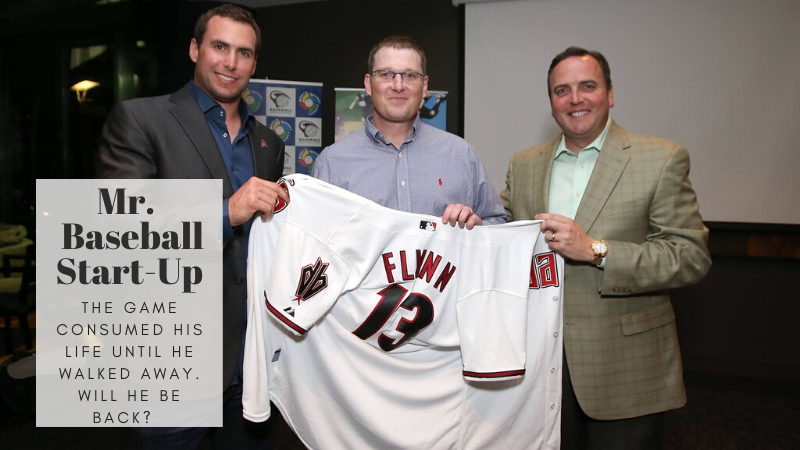


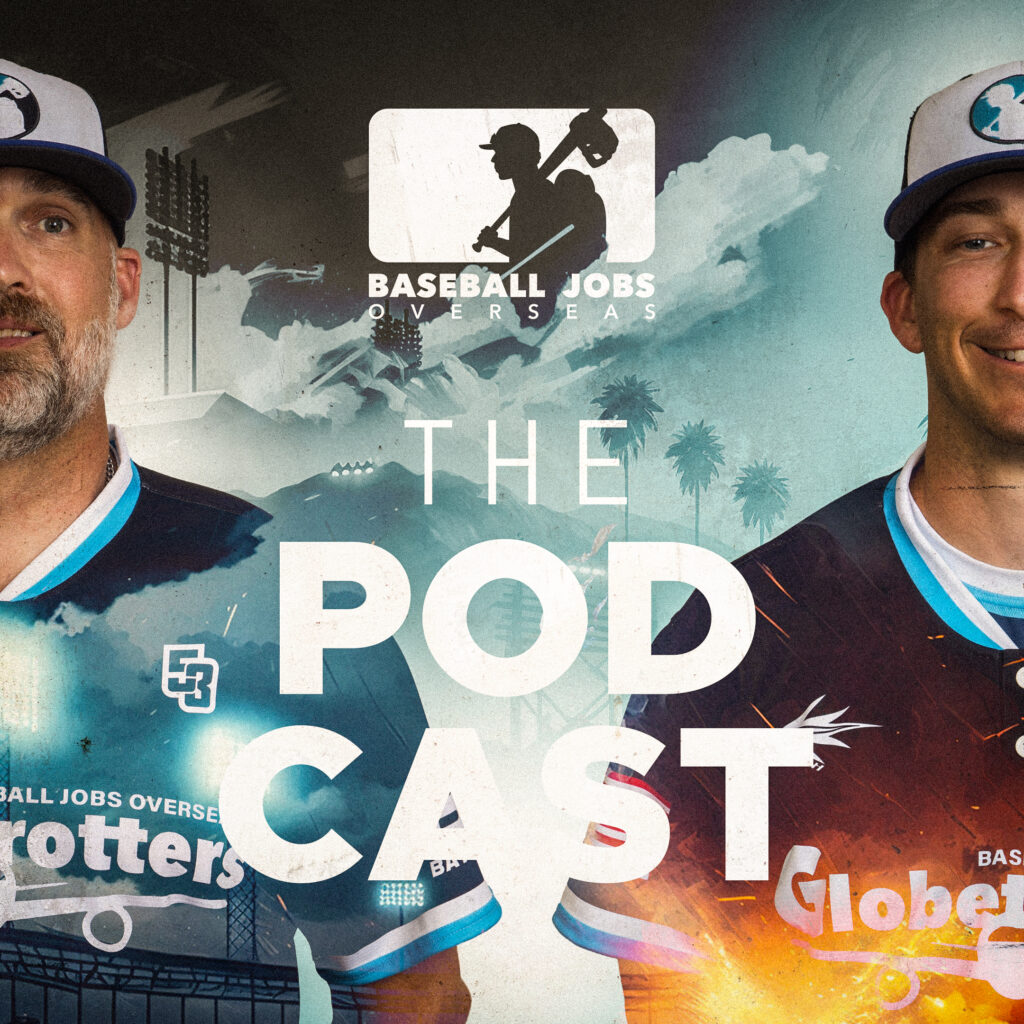
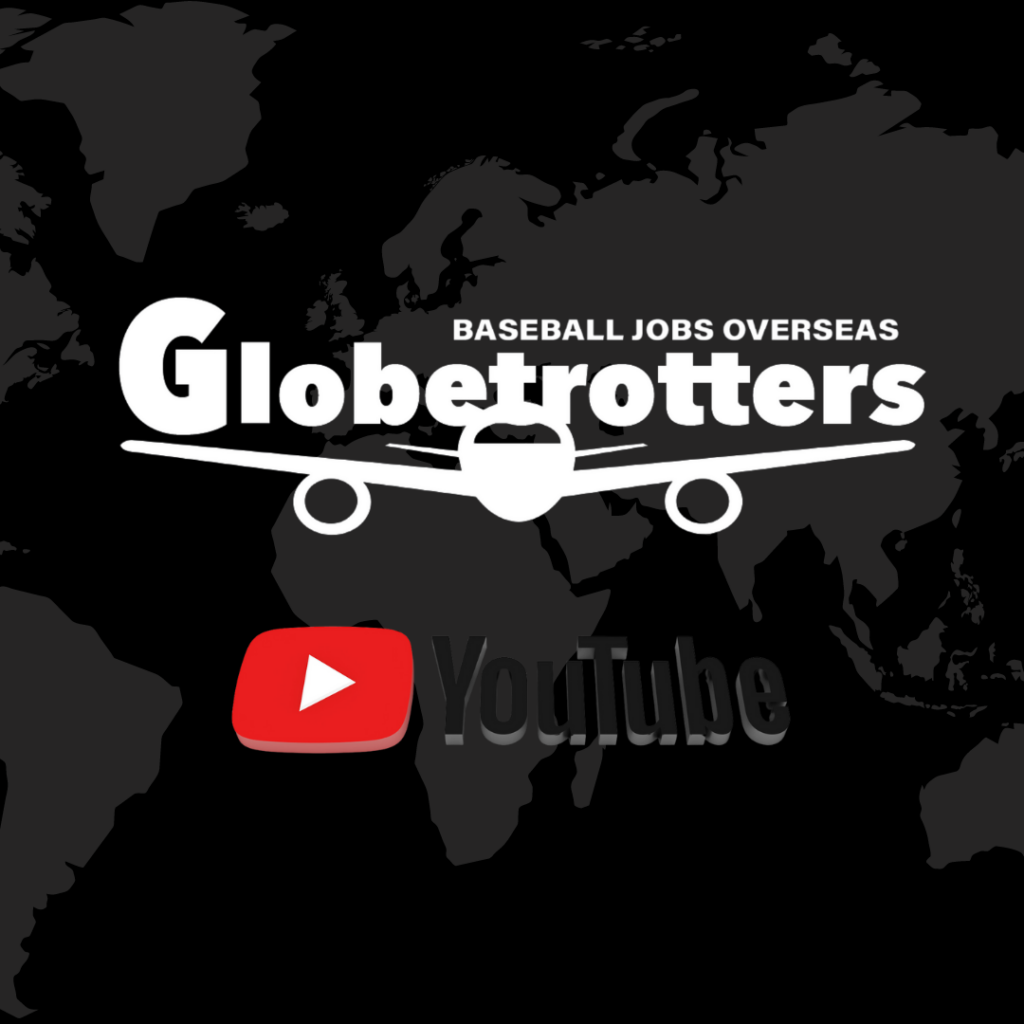
 Moonshot is a baseball apparel company based out of Mannheim, Germany, and is owned and operated by a good friend of ours, Juan Martin. What separates Moonshot from the other companies we have used in the past, is the value for your money and the customer service. You will not find prices like this in Europe or someone that responds faster.
Moonshot is a baseball apparel company based out of Mannheim, Germany, and is owned and operated by a good friend of ours, Juan Martin. What separates Moonshot from the other companies we have used in the past, is the value for your money and the customer service. You will not find prices like this in Europe or someone that responds faster. 
 High end, professional wood and composite bats with a wide selection of models using many different types of wood from Japan, North American and Taiwan. Hakusoh Bat is approved with the WBSC and across Europe.
High end, professional wood and composite bats with a wide selection of models using many different types of wood from Japan, North American and Taiwan. Hakusoh Bat is approved with the WBSC and across Europe. 




